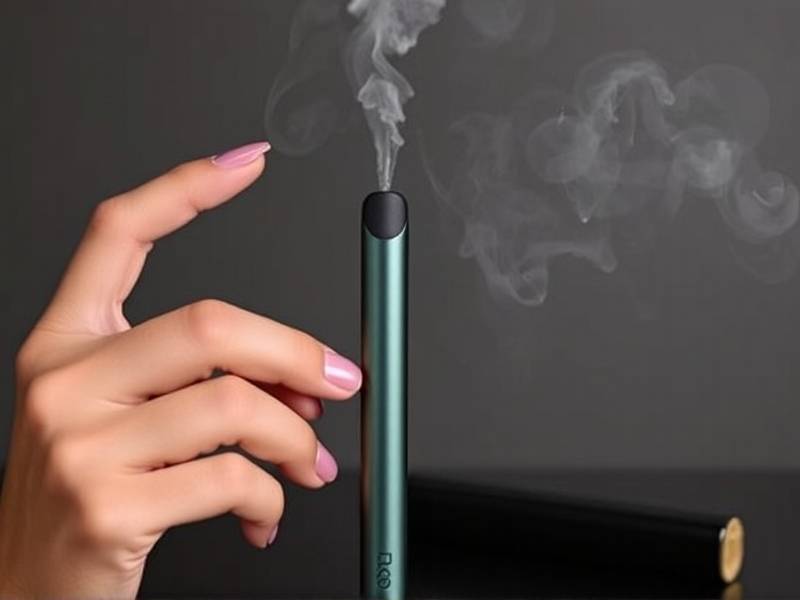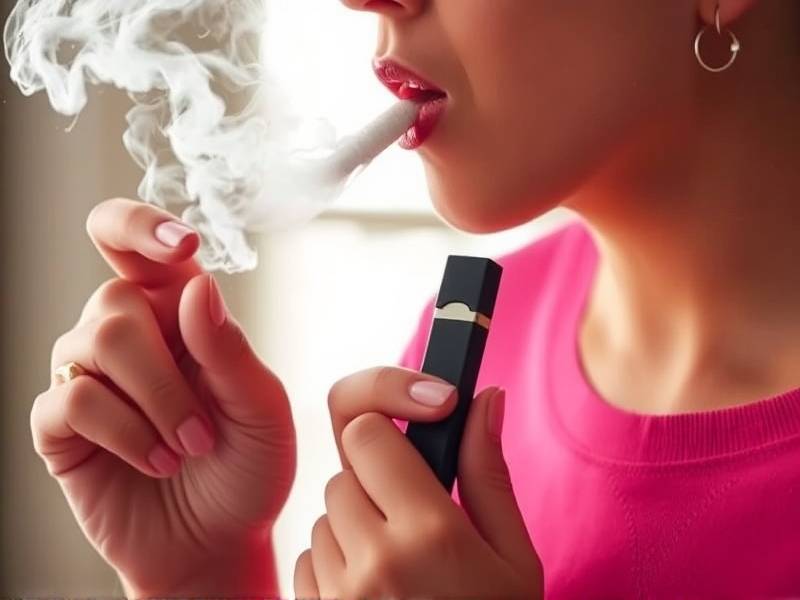Do Juuls Really Help You Quit Smoking? A Comprehensive Guide
Introduction: Understanding the Growing Trend of Vaping
In recent years, the popularity of vaping has surged, especially among smokers looking to quit. One of the most popular devices in this category is the Juul. But does it really help you quit smoking? This comprehensive guide will delve into the world of Juuls, exploring their effectiveness, potential risks, and how they compare to traditional quitting methods.
What Are Juuls?
Juuls are compact, rechargeable vaporizers designed to deliver a nicotine hit without the harmful tar and chemicals found in cigarettes. They come in various flavors and nicotine strengths, making them appealing to both new and experienced vapers.
The Science Behind Quitting Smoking with Juuls
The idea behind using Juuls for quitting smoking is based on the premise that nicotine is what keeps many smokers hooked. By providing a similar experience to smoking but without the combustion-related toxins, Juuls aim to satisfy nicotine cravings while reducing exposure to harmful substances.

How Effective Are They?
Research on the effectiveness of Juuls for smoking cessation is still emerging. Some studies suggest that they can be a helpful tool for quitting smoking, while others indicate mixed results. Here's a breakdown of what we know so far:
Short-term Success
Several small-scale studies have shown that individuals using Juuls as part of a quit-smoking plan may experience short-term success. The devices can help manage withdrawal symptoms by delivering nicotine quickly and efficiently.
Long-term Success
Longer-term studies are needed to determine if using Juuls leads to sustained quitting rates. However, some research suggests that individuals who use e-cigarettes like Juuls may be more likely to remain smoke-free compared to those who use other cessation aids.
Factors Influencing Success
The effectiveness of using Juuls for quitting smoking can vary depending on several factors:

- Nicotine Strength: Choosing an appropriate nicotine strength is crucial for managing cravings effectively.
- Support System: Having support from friends, family, or professionals can enhance success rates.
- Commitment: A strong commitment to quit smoking is essential when using any cessation aid.
Potential Risks Associated with Using Juuls
While Juul devices offer an alternative to traditional cigarettes, they're not without risks:
Health Concerns
- Nicotine Poisoning: Overuse or misuse can lead to nicotine poisoning.
- Vaping-Related Lung Injuries: There have been reports of lung injuries associated with e-cigarette use.
- Flavorings Concerns: Some flavorings used in e-cigarettes have raised health concerns.
Social Impact
Using Juul devices may also have social implications:
- Perception by Others: Some individuals may view e-cigarette use as less acceptable than traditional smoking.
- Legal Issues: Vaping laws vary by location and may restrict usage in certain areas.
Comparing Juul with Other Quitting Methods
When it comes to quitting smoking, there are various methods available:
Traditional Methods
- Cold Turkey: Quitting cold turkey involves stopping abruptly without any aids.
- Nicotine Replacement Therapy (NRT): NRT includes gum, patches, lozenges, inhalers, and nasal sprays that deliver controlled doses of nicotine.
Alternative Methods
- Pharmacotherapy: Medications like Chantix and Zyban are designed specifically for smoking cessation.
- Behavioral Therapy: Working with a therapist or counselor can help identify triggers and develop coping strategies.
Each method has its own advantages and disadvantages. It's essential to choose one that aligns with your personal preferences and circumstances.
Conclusion: Weighing the Pros and Cons of Using Juul Devices for Smoking Cessation
In conclusion, while there's evidence suggesting that using Juul devices can aid in quitting smoking for some individuals, it's crucial to approach them with caution. Weighing the potential benefits against health risks is essential when considering this option. As always, consulting with healthcare professionals before starting any quit-smoking plan is highly recommended.
